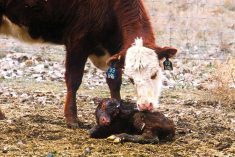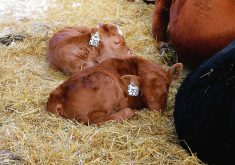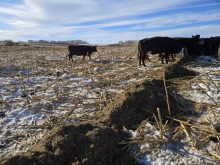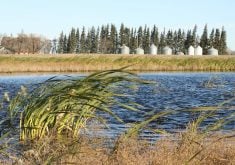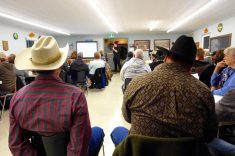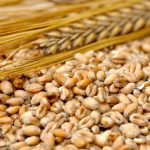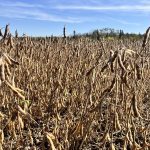JBS Canada has broken ground on an $80-million storage and distribution centre in Newell County near Brooks.
“It’s a worthwhile investment that will increase capacity. That’s what they really talk about, is their shipping capacity, not their production capacity,” said Mitchell Iwaasa, economic development officer for the region of Brooks/Newell.
“This is really about distribution and shipping and the ability to ship more efficiently and ship higher volumes.”
Read Also
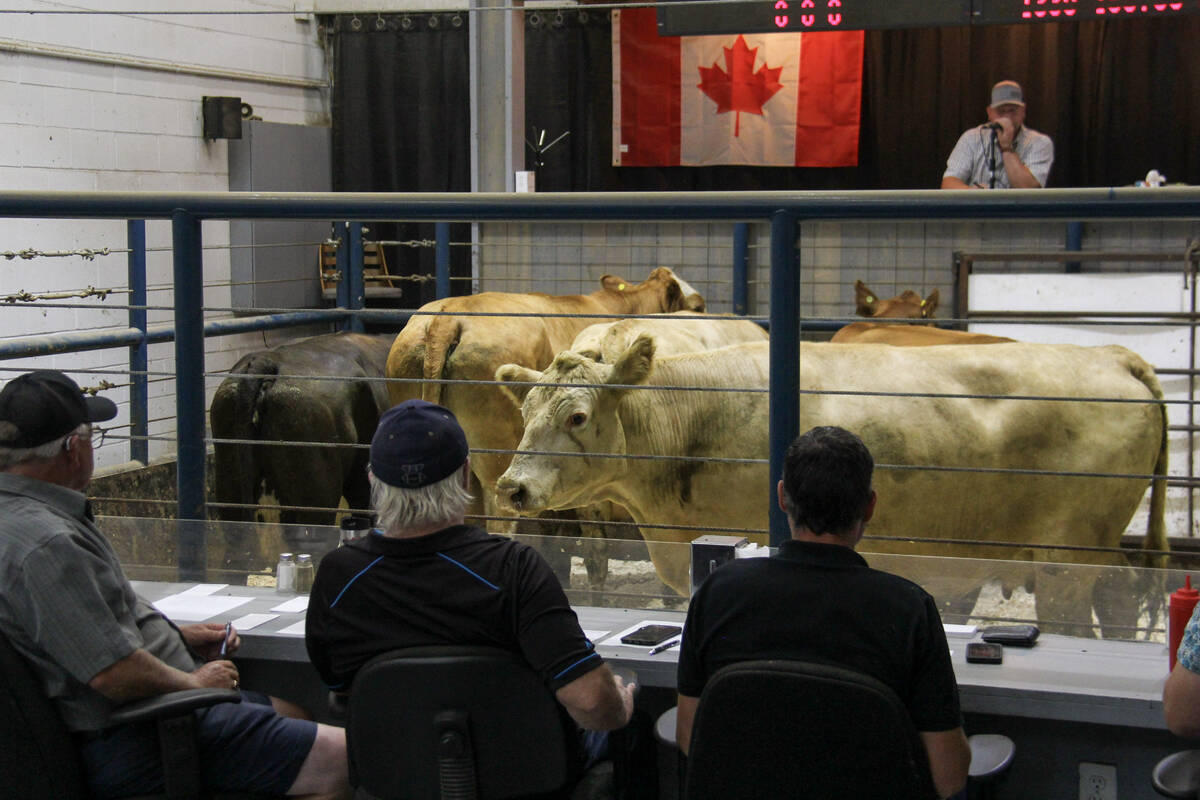
Manitoba cattle prices, Feb. 25
Your weekly table of price ranges for beef cattle from seven Manitoba auction markets during the week ending Feb. 24, 2026.
The new facility will also manufacture beef patties, with the Wendy’s fast-food restaurant chain as its main customer. Iwaasa said the centre will supply Wendy’s across Western Canada. It will also have additional storage and shipping facilities.
Wesley Batista Filho, chief executive officer of JBS USA, attended the groundbreaking and said JBS Canada is a benchmark for the company’s beef operation in North America.
“This distribution centre will ensure that JBS Canada remains on the cutting edge of supply chain technology, and we look forward to its completion,” said Filho.
Also attending the announcement were Premier Danielle Smith, Alberta Agriculture and Irrigation Minister R.J Sigurdson and local dignitaries.
Iwaasa said expanded and improved automation will be part of the project.
“The automated shipping facility will allow the plant to fill their orders quickly and more efficiently, and track their materials. Worker safety is a big one too. When you go to an automated system, it reduces the day-to-day potential for injuries of lifting and carrying and moving things.”
The plant will increase the shipping capacity of the JBS Canada Brooks facility by up to 40 per cent.
Collaboration between the plant and the region has grown over the years, Iwaasa said. The processing plant, one of the largest in Canada, has been in operation for the past 50 years, and JBS has owned it since 2013. It was previously owned and operated by XL Foods.
The current processing plant employs around 3,200 workers, most of whom live in Brooks.
“What makes it sort of unique, over the last 20 years, JBS and the previous owners have started to look across Canada and now around the world to find their workers,” said Iwaasa.
Arno Doerksen, cattle rancher and reeve for Newell County, said the investment in Brooks provides confidence to the beef industry. Iwaasa echoed that opinion.
“Here’s a multinational company that’s investing in southern Alberta and showing a commitment, not just to our community in terms of workforce and keeping our economy growing,” he said.
“It’s a commitment to the beef industry, that says ‘hey, we’re committed to buying your product in the long term.’ An investment like this will take years to see the full rewards.”
JBS Canada subsidizes down payments for its workers who want to buy their first home. It also recently donated $500,000 to the city of Brooks for a park in an area where many of the workers live.
Construction on the new plant will start right away and is expected to be completed by the end of 2025.




